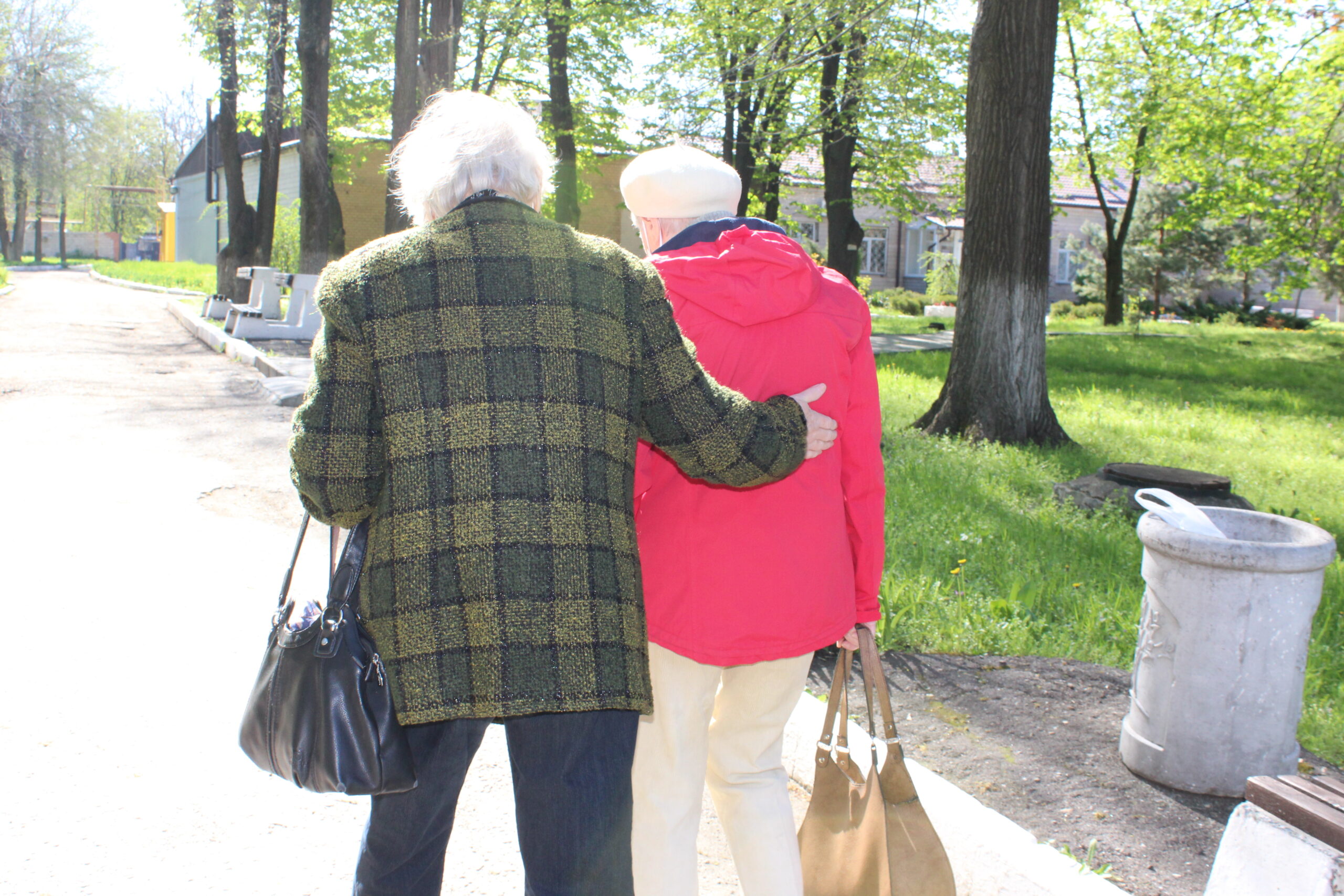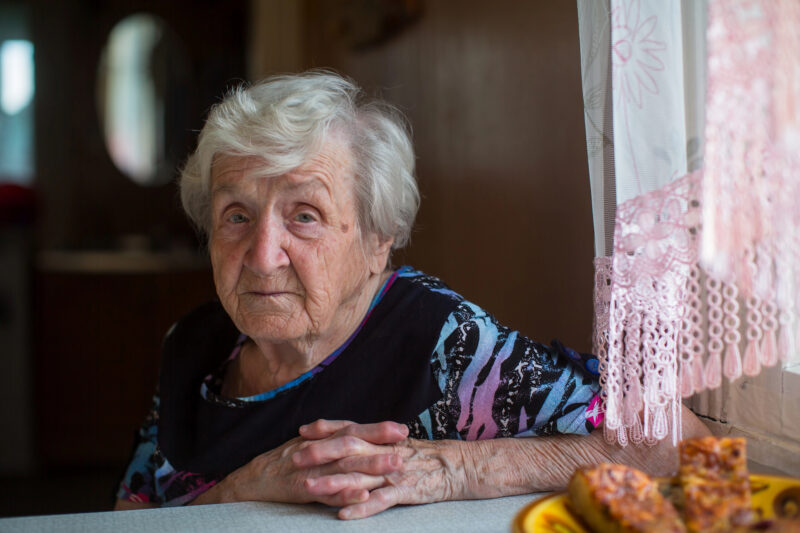Loneliness and social isolation have emerged as the new silent epidemic among Australia’s aging population, rivalling smoking and obesity as key negative contributors to our mental, physical and emotional wellbeing.
Loneliness occurs when we lack close connection with others; it is a subjective feeling and more predictive of mental health outcomes.
Social isolation is an objective measure of the number of people someone interacts with on a regular basis, and is more predictive of physical health outcomes.
You can feel lonely in a crowd, or feel well connected with only a few friends. In the end, it is more about the quality of the connection as well as the quality of our perception of it.
It’s important to understand that we do not have to be old to feel lonely or isolated as it can happen at any age, but seniors who are not mobile and don’t get out and about like they used to definitely are more susceptible to feelings of isolation and loneliness.
Loneliness and social isolation can affect one’s health in a number of ways. For example, the combination of the two can increase the risk of:
- anxiety,
- depression,
- dementia,
- infectious diseases,
- coronary heart disease,
- stroke mortality, and
- hospitalisations.
Research tells us that living alone is an independent risk factor for early mortality in older adults. Living alone in itself is not necessarily harmful, but the risk lies in the potential for social isolation and loneliness that can accompany it.
Social circles
Why do we feel lonely and keep ourselves isolated? There can be a number of factors involved.
For example, retirement, divorce, or bereavement can disrupt our social circles, while increased geographic dispersal of family and friends can also limit social networks.

How can we best support ourselves and others who are lonely or socially isolated?
We first need to get an understanding of a person’s individual needs and what kind of support they require.
Opening up to health care professionals, friends and family members about social struggles is a critical early step.
Here are some practical suggestions you might find helpful for yourself or someone you’re concerned about:
- Make time for family and friends and other meaningful connections
- Engage in physical activity to help increase your mood and energy levels; invite friends or family to join you for workouts or find group fitness classes.
- Recreational sports teams foster teamwork, camaraderie, and social connections.
- Begin with gentle activities like walking or yoga, and gradually increase intensity.
- Join social groups and clubs and choose activities you find fun and motivating.
- Seek professional help to assist with strategies to improve social skills.
- Challenge negative thoughts about relationships.
- Volunteering helps to provide a sense of purpose.
Loneliness and social isolation is a broad issue that takes in many factors, as highlighted above.
The role of physical activity
For the purposes of this article, we want to highlight the important role physical activity plays in helping seniors to feel less isolated and lonely.
Yes, moving around and being active can help improve mood and energy levels, but just as importantly, it also encourages us to get out and about, to connect with others, and to participate in community events and leisure activities that bring us joy.
TPC’s trained physiotherapists have created thousands of exercise programs for Aussie seniors.
If you need some assistance to get you active and back doing the things you love, give our team a call today on 1300 797 793 and find out how we can help you.
Article written by Karleen Scott, senior TPC physiotherapist



 1300 797 793
1300 797 793